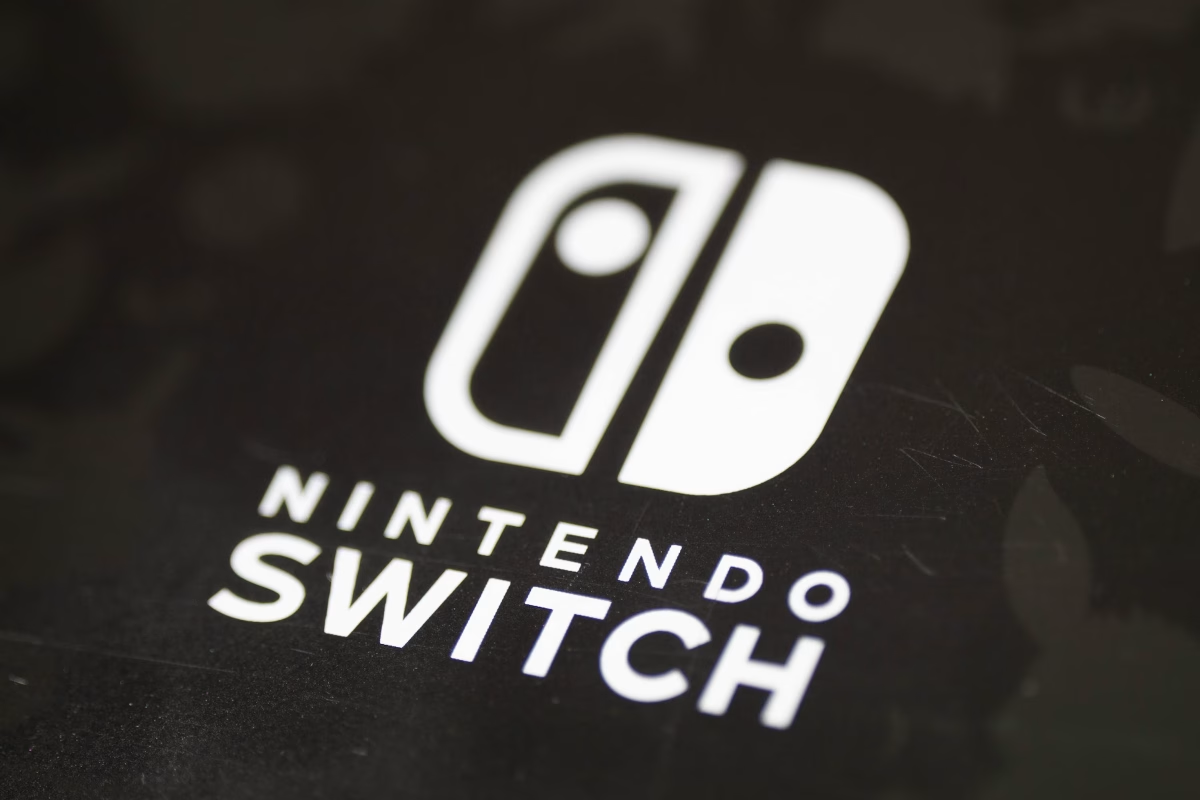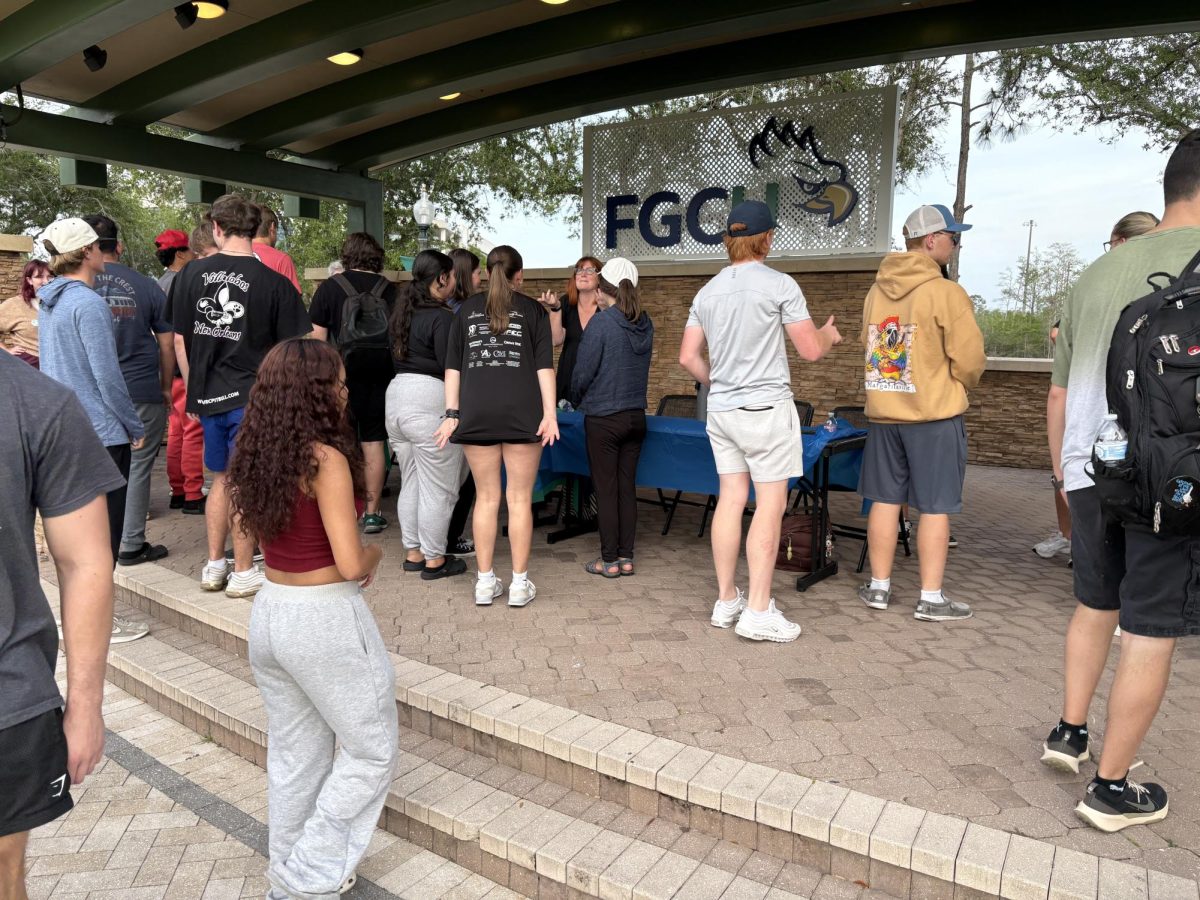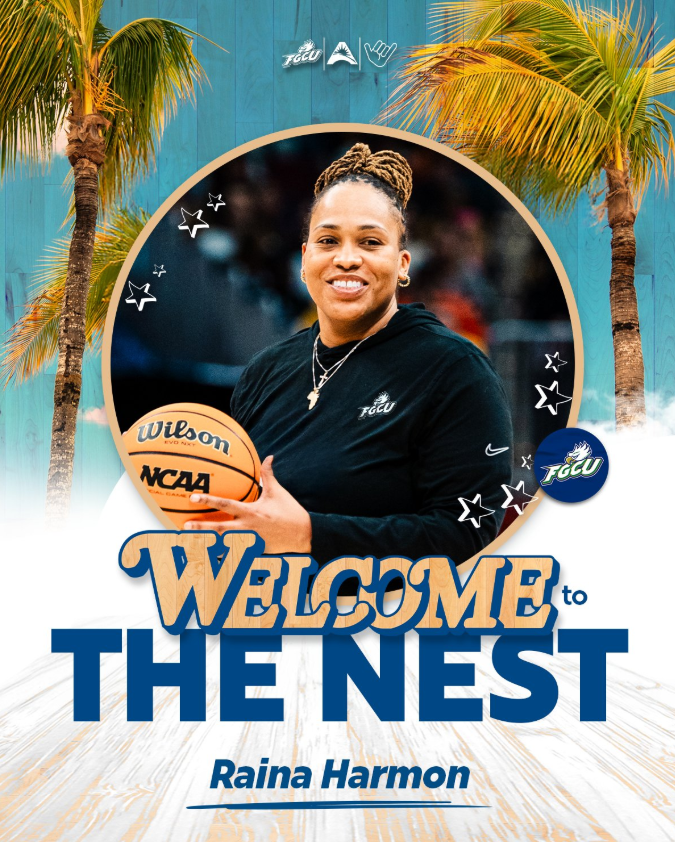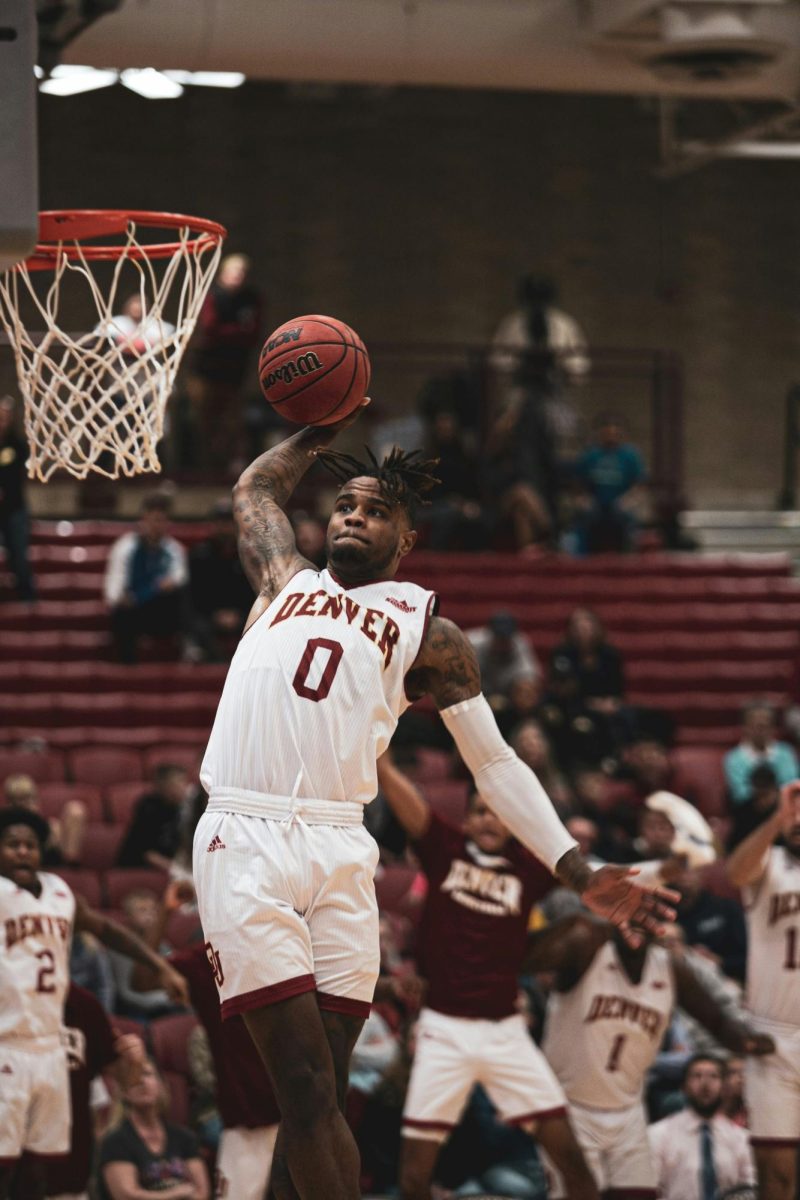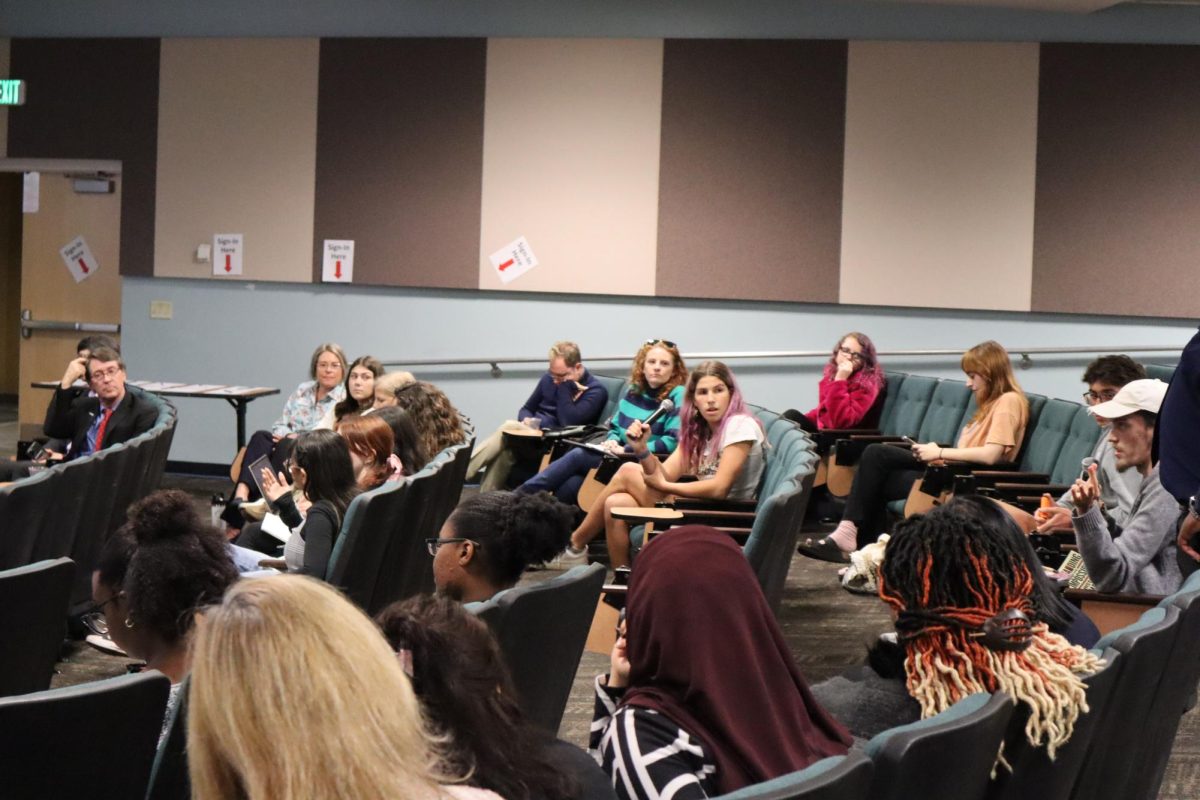On Feb. 7, the Office of Public Policy Events hosted an open forum student debate on the topic of social media censorship.
The student debaters were Student Government President Emory Cavin and Chief of Staff Tanner Kelly. The debate was moderated by James Fishback, founder and executive director of the nonprofit organization Incubate Debate, which teaches debating skills to high school students in Florida.
Fishback opened the debate by emphasizing that “good people can differ.” In order for a debate to take place, he explained that it’s important to know exactly what is being debated. It was agreed that social media sites are places where people can share content. Censorship was defined by FGCU freshman Brianna Jenkins as “[filtering] out a certain type of content.” This led to the question of whether social media censorship protects or limits college students.
Taking the stage first, Cavin took the side that social media censorship protects college students. He explained that today, people on social media are greatly affected by disinformation, so much so that it has cost people their lives.
“When I advocate for censorship in this context, I’m not advocating for the silencing of views that the powerful find distasteful,” Cavin said. “I’m advocating, instead, for the common sense moderation of material that is harmful to marginalized communities.”
Following Cavin’s presentation of his position, the floor was opened to students who wanted to express their opinions. Jenkins agreed with Cavin that social media has negative effects on mental health. She shared that both herself and people she knows have experienced damaged mental health from social media content.
Bianca Vlad, whose husband attends FGCU, disagreed with Cavin and expressed her beliefs on why censorship is not a good solution. She has Romanian parents who have first-hand experience living under communism which has molded her beliefs.
“Censorship sounds like a nice thing when we can say, ‘oh, we’ll just limit it to a few things,’ but it can be a very slippery slope,” Vlad said.
As the debate advanced, Fishback posed a series of questions pertaining to social media censorship to the student audience. The first question asked was “who agrees with the YouTube policy that takes down videos that deny the results of the 2020 election?” Most did not agree with this type of censorship because regardless of the occasion, people’s opinions should not be silenced.
The next question asked was “should you be allowed to deny the Holocaust [on social media]?” The response by many to this question was that people have the freedom to express their opinion and this gives an opportunity for others to respond to claims like these and be able to understand what led them to that conclusion.
Kelly gave the closing remarks of the debate, as well as his side of the conversation. He argued that social media censorship limits students because it is subjective, polarizing and it decreases the opportunity to be digitally literate.
Florida House Bill 931 requires universities within the state university system to have debates on campus that include various viewpoints. This bill was approved by Gov. DeSantis on May 15, 2023. It requires Florida universities to hold no less than four events each academic year. Its goal is to encourage the representation of multiple perspectives that address several public policies.

